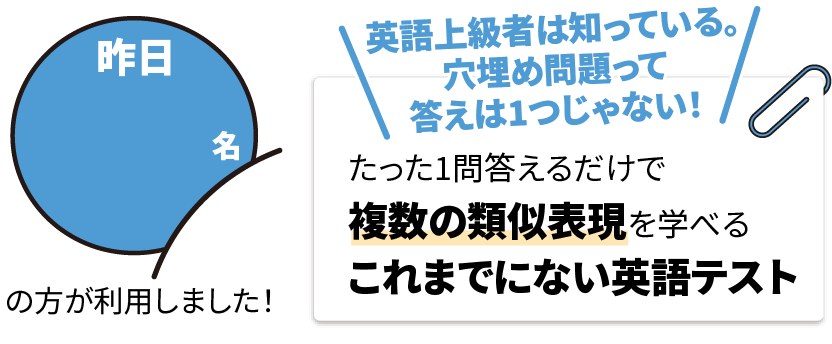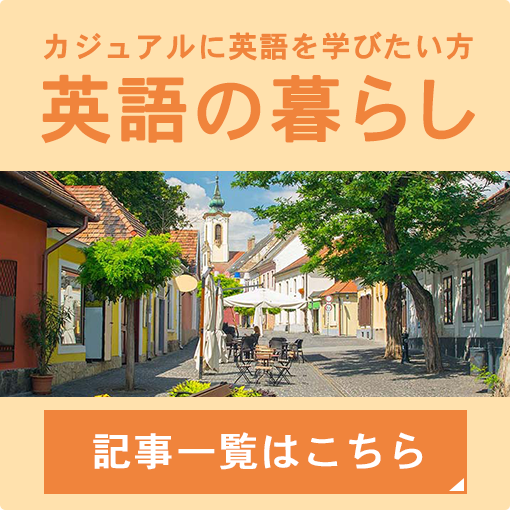Hi there, it’s Tara here. Did you miss me?
Since graduating from university in 1998, I have lived as an expat – that’s my entire adult life – with the exception of two years in NYC for graduate school. During this time, I have also done quite a bit of traveling because I like to experience different cultures, talk to different people and compare differences around the world as a way of finding what it is we all actually have in common.
One of the interesting points I discovered is that people everywhere tend to ask the same questions to those who appear to be ‘outsiders’. Although the questions might be well-intended, they can be trigger points for those who have some sensitivity in their personal backgrounds that they may not want to get into with a perfect stranger.
Therefore, I’d like to share a few questions that I recommend avoiding and offer some alternative ways to seek the information you are looking for when speaking with non-natives in a country.
1. NG = Where are you (really) from?
OK = Where do you call home? / What’s your nationality? / Where did you grow up?
Explanation: In the past, people may have been born in one country, stayed and grew up there; therefore, identifying that place as their origins. However, these days more and more people are born somewhere and move at least more than once throughout their lives. Therefore, their identities are formed through this changing of locations. Even more so, while previously people did not share or know much about adoption, it was rare to come across someone who had been internationally adopted. Nowadays, more and more adoptees are being seen and heard; thus, causing this question to require more sensitivity.
So, if you want to know about someone’s cultural background or identity, then you should ask the ‘OK’ questions above. Once you get to know them a bit more, then that person might be more open to share if they somehow don’t fit the norm of what you may be expecting.
2. NG = (Can eat/Do you) like [Japanese] food?
OK = What kind of food to you like? / What dish do you like, in particular?
Explanation: Although this is often taught in basic English classes, it is a somewhat patronizing question to the visitor or person whom you are speaking to. We have no idea what kind of food that person may eat at home or how long they have lived or stayed in the country. Therefore, it is best to find out some information about them such as ‘How long have you been here?’, followed by ‘How do you like it?’, and then maybe it would be reasonable to talk about the food if they haven’t already brought it up at this point. However, asking someone if they are able to eat the food is a bit cliche these days and can keep your conversation at a superficial level rather than building a meaningful relationship.
3. NG = Can you use chopsticks?
OK = ??
Explanation: Honestly, there is no need to ask this question or make this comment these days. Perhaps, it was less common in the world for people to learn how to use chopsticks outside of Asian countries. However, nowadays, people eat Chinese, Korean and Japanese food quite commonly in Western countries. Most restaurants will offer the opportunity to use chopsticks. So, while some people may still struggle with the sticks, it’s better to wait until you see someone eating and trying to use them to comment. Furthermore, when you see a non-native using chopsticks, there is no need to praise them or comment at all. It’s like saying “WOW, you can use a knife and fork! Amazing!” Sounds silly, right?
There are a myriad of ways that we can get to know one another to share our differences. Let’s not promote superficiality with questions that can either alienate or annoy. Instead, don’t be shy to ask people’s opinions about your country or travels and seek out what it is we share in this great world of ours!
~T
Today’s Point (keywords): expat, well-intended, patronizing, cliche, superficiality, alienate

アメリカ育ちで日本で9年間英語を教えた経験あり。日本以外にもAbu Dhabiでも英語を教えていたベテランの先生です。 ヨガを教える資格も持っていてとてもアクティブで、「諦めずに頑張って」とモチベーションをくれる指導スタイルで人気。
座右の銘は「We are what we repeatedly do. Excellence, then, is not an act but a habit」。
※このブログでは英語学習に役立つ情報アドバイスを提供していますが、本ブログで提供された情報及びアドバイスによって起きた問題に関しては一切、当方やライターに責任や義務は発生しません。
※ここでの情報や助言を参考に英文を書いたり下した判断は、すべて読者の責任において行ってください。ここに掲載されている記事内の主張等は、個人の見解であり当社の意見を代弁・代表するものではありません。







 (12 イイネ!が押されています)
(12 イイネ!が押されています)
























コメントする